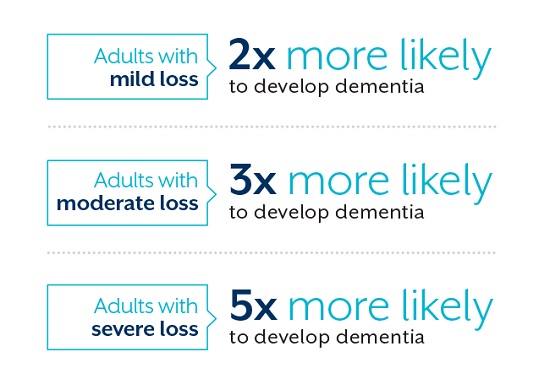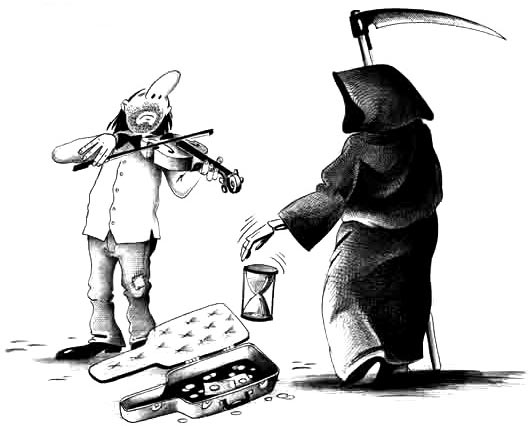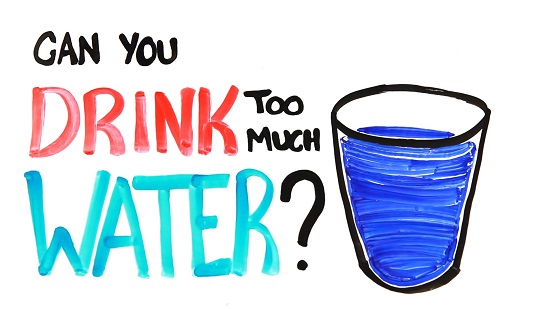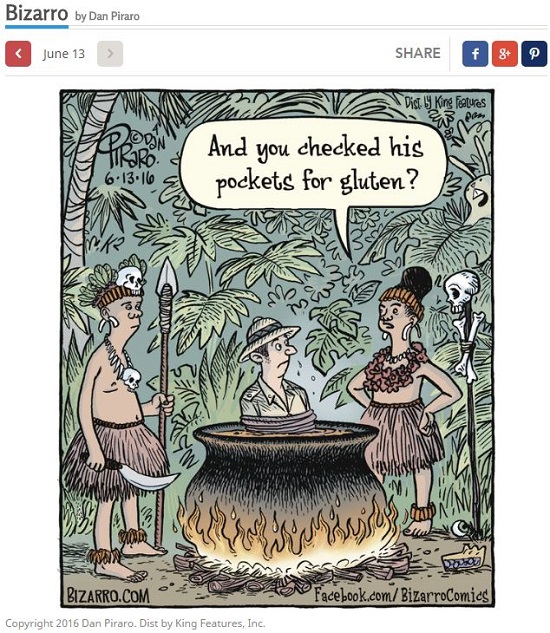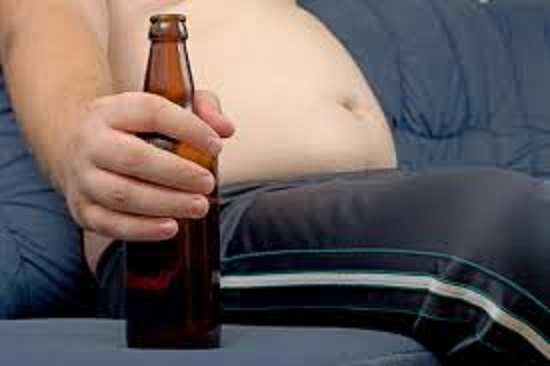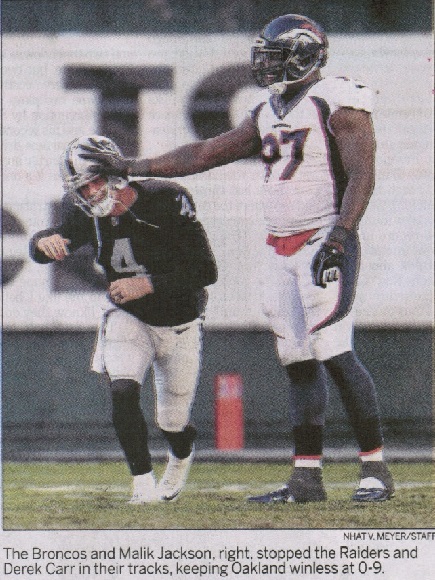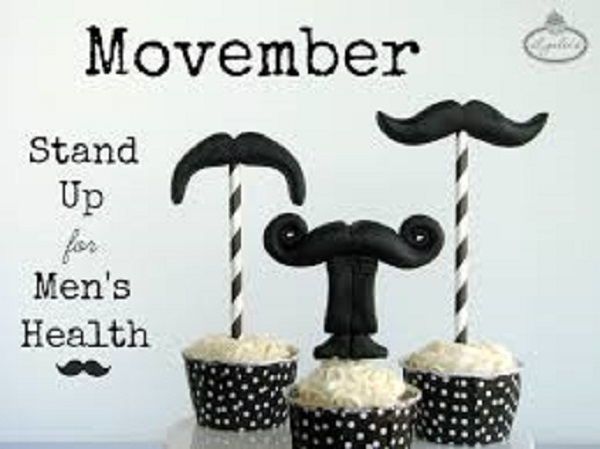When I first tried on a pair of VOXXSTASIS socks (at the Elevate Performance and PT studio in Redwood City, CA), I was astonished. Studio owner Nadine Waeghe and I took turns lifting each other with and without wearing the socks. It was clear to me that the socks made each of us significantly stronger. Subsequently I wore them in my ballroom dance shoes (special shoes with very thin soles) and noticed that my feet felt stronger and I could dance longer without wearing out. Then I bought a pair of VOXXBLISS insoles that I use in my TOPO walking shoes (which have no built-in sculptured insoles) per my Pilates instructor Maxine Walmsley at the Core Body Connections studio in Menlo Park, CA. These are intended to make my feet “walk as God intended”. Presumably these products will help other people with (or without) challenged feet.
Tag Archives: Health
Can Fixing Hearing Loss Prevent Dementia?
It is not surprising that a hearing aid company like Beltone would praise the value of improved hearing to reduce the likelihood of a person’s contracting Alzheimer’s disease and dementia. Beltone referred to a number of studies, which may have included the one by Johns Hopkins University School of Medicine and the National Institute on Aging.
Music Training May Increase Longevity … and Hearing
It may be that “Music hath charms to soothe the savage beast”, but it also may reward musicians with longer lives and better hearing, depending on when and how long those musicians were engaged in music training. Northwestern University’s Auditory Neuroscience Laboratory has studied how music affects the human brain for some years, and released their latest study in late 2011.
These results have not apparently led to a big increase in sales of instruments nor music lessons during the last five years, but should have been motivating, or at least interesting to those who contemplate their own mortality. But there are some caveats. Apparently it is best if one has learned music in childhood and continued to play an instrument for at least 10 years, even if there has been a gap of several decades between then and when s/he starts to play again. Another caveat is that the modest number of research studies, none with sample sizes exceeding 100, may not be statistically significant.
On the positive side, however, a musician’s being able to pick out other musicians’ notes helps him/her hear better because of being able to hear a conversation in a noisy environment. Better hearing means that one is less isolated from society, which helps one age more gracefully. And musical activity improves memory, again a defense against aging.
Most of the research focuses on instrumentalists, but an elusive Harvard/Yale study found that vocalists benefit similarly, apparently even more so if they sing with a group.
One simple aspect that seems to have been mostly ignored is the cardiovascular exercise that accompanies musical efforts. This has been most noted in the case of conductors, but some instrumentalists like drummers and all members of marching bands get considerable exercise.
Drinking Too Much Water Can Kill Soldiers … or You
“Death in combat is understandable. Death during training should not be occurring.” The problem is drinking too much water in combination with having too little electrolytes. It is not clear how effective Gatorade and its ilk are. One alternative from the past is switchel, an old-fashioned drink used (mostly during haying season, the hottest time of summer) to prevent farmhands from over-hydrating. There are different recipes, but the one my grandmother recalled was a combination of water, vinegar, ginger, and honey (of course, coming from a family of beekeepers, the sweetener was honey) Its main purpose was to prevent illness from drinking too much water (called “water intoxication”); horses have to be prevented from the same thing. Part of the death/illness prevention came from the taste of the stuff; you had to be pretty thirsty to drink anything approaching too much.
Gluten-Free: The Latest Dopey Food Fad
America is blessed with amazing amounts and varieties of foodstuffs. Unfortunately, it is also cursed with the amazing amounts and varieties of both charlatans and well-meaning-but-naïve citizens who preach wide-of-the-mark eating habits and diets. And a lot of those charlatans are large food companies with whopping ad budgets.
We have had low-fat diets, low-carbohydrate diets (e.g., the Atkins Diet), a flock of diet systems (Weight Watchers et al), the Mediterranean Diet, and lots of others. The latest is the gluten-free diet, which has nicely been debunked by Sophie Egan. Ms. Egan makes the interesting point that Americans are judging their food based on what the foods lack rather than what they contain, which probably is a consequence of people’s being more concerned about dieting to lose weight than about eating sane amounts of nutritious food to stay healthy.
The Dangers of Overweight and Obesity
Fifty years ago a lot of Americans suffered (and some died from) hunger … and in a few countries some still do die . But today, they are much more likely to die from causes related to obesity, e.g., obesity-caused ailments such as as diabetes. Just how many deaths can be attributed to obesity or overweight depends on whose statistics you believe, but obesity is almost certainly an important cause of death. Today in most countries, expecially the U.S., eating too much is a bigger health problem than eating too little. Even people below the poverty level are eating too much, according to an “op-ed” (did you know that this stands for “opposite the editorial page”, and means it is an opinion rather than (presumably) factual news?) article by Harvard adjunct professor Robert Paarlberg, based on his book “The United States of Excess: Gluttony and the Dark Side of American Exceptionalism”. This example of people NOT below the poverty line shows the dangers of obesity: the recent death of Supreme Court Justice Antonin Scalia was “probably linked to obesity, diabetes, and coronary artery disease” according to his physician (and diabetes is often caused by overweight or obesity).
“Sports Fan” : More “Fan” Than “Sport”
Most sports involve motion, strength, endurance, and other features that help keep us fit and healthy. And they take some level of commitment to initiate and continue. Most everyone would agree that this leads to a longer and healthier life. But you have to actually participate to get these benefits. Just watching doesn’t do it. In fact, the food and drink you consume while sitting and watching—either in front of your TV set or in a stadium or other venue–may actually shorten your life and make you less fit. (Another life-shortening activity is to waste time commenting on your favorite or least-favorite sports team after articles such as this. Better to turn off your PC or tablet or smartphone and do something active.) True, if you make the trek to watch in person, you may get some benefit from walking and climbing stairs, being jostled by other fans, etc. But you would be far better off by forgetting the watching and actually engaging in some sport. And never, never hire someone whose resume mainly features a hobby of sports fan.
Could Brain Injury Lawsuits Sideline the NFL?
The NFL (National Football League) is a hugely powerful entity, more media company than athletic league. (See our September 17, 2014 Technology Bloopers blog entry.) It has been coming increasingly under fire because of a swell of publicity about the brain injuries that are causing early dementia and death among former players. On November 9, 2014 that swell became a tsunami. The cover story in November 9’s New York Times Magazine deals with the big bucks lawsuits from players with brain injuries (if you miss the definition, C.T.E. stands for Chronic Traumatic Encephalopathy, a progressive degenerative disease caused by blows to the head from football, boxing and other contact sports or explosions). If there ever were a photo that highlights the cause of such injuries the one above this blog entry would be it. Oakland Raiders quarterback Derek Carr is 6′ 3″ tall and weighs 214 lb., so he is considerably larger than the average American man, but he looks like a small child next to Denver Broncos defensive end Malik Jackson, who is 6′ 5″ tall and weighs 290 lb. That kind of size disparity is one key reason that there are so many injuries … and so many NFL players that suffer increasingly from dementia as they age. We scanned this photo from the first page of the Sports Section of the print edition of the San Jose Mercury News.
Movember is Here!
The month of November, with the “N” changed to “M”, now is synonomous with MEN (who are proud to be able to grow a mustache because women can’t, or if they can they don’t want to) doing something to improve men’s health (e.g., preventing or treating prostate cancer), so they won’t die so young in the future. So now when you see giant mustaches sprout on the front of cars you know what it means. Of course the really ornate facial foilage that adorns a few mustache afficionados, and of course mostly earns the owner a lot of ridicule, takes a lot more than a month to grow. Have a look at the Movember website or Wikipedia.
We Have Met the Enemy and He is Us*
Do differences in smoking, drinking, snacking, and TV watching habits make women outlive men? Pretty likely, yes.
* From a Pogo comic by Walt Kelly, paraphrasing the famous dispatch “We have met the enemy and they are ours” from Commodore Oliver Hazard Perry regarding the victory over the British during the Battle of Lake Erie in September 1813.


